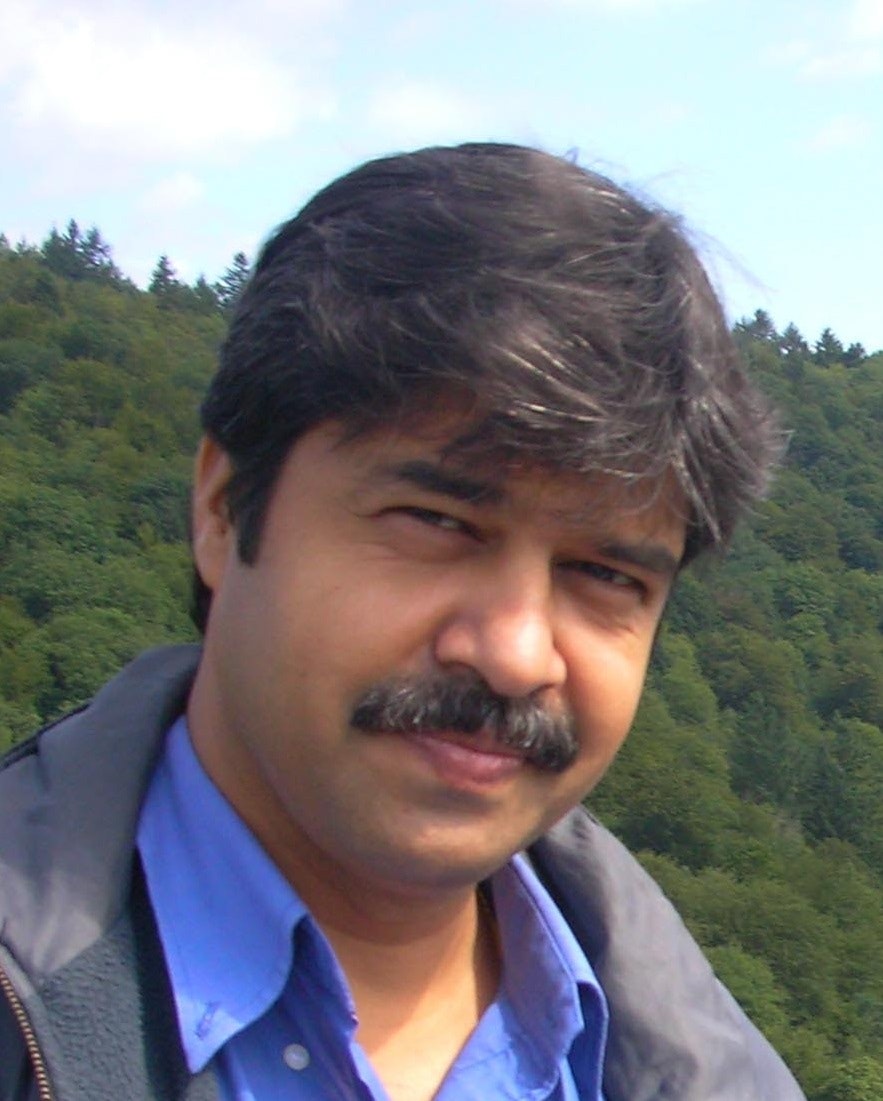Establishing India’s first network of marine protected areas to protect local livelihoods and the giant clam, India
The remote reefs and atolls of Lakshadweep off the West coast of India are rich in marine life. Many globally threatened species such as whale shark, sperm whale, and hawksbill turtle are found here. All are understudied, but it is the most unassuming of them could hold the key to understanding this delicate ecosystem. The less than charismatic giant clam is an excellent indicator species. As sensitive organisms, clams are the first to respond to environmental change and their presence or absence shows what is happening in reef ecology. Where clams are healthy, so too is the reef.
Lakshadweep also hosts a unique human society completely dependent on the reef for all their resources. The matrilineal Muslim tradition of the native community is characterized by a rich indigenous knowledge combined with high literacy which places minimal value on financial capital. Women have a central role in decision making, and a keen interest in marine protection, creating a positive environment for conservation. To date the area is unprotected, but there is an opportunity to encourage the co-management of marine protected areas to help protect the giant clam whilst simultaneously reviving fishery resources for local people.
Indian conservation biologist, Dr. Deepak Apte, 43, is an Assistant Director with the Bombay Natural History Society. He has worked to gain the support of the people of Lakshadweep, who understand the future of the reef and their families are deeply intertwined. Through two stages of practical training – whereby community facilitators are trained, and then train others – Deepak is developing the capacity of over 2,000 islanders from the communities of Kavaratti, Agatti and Bangaram to monitor clams and their marine environment.
The new skills are empowering local people to lead on conservation and secure their livelihoods. By demonstrating how protection leads to more fish, Deepak hopes to generate enthusiasm for India’s first interconnected network of MPAs at Lakshadweep, which will be good news both for the reef and the remarkable people who reply upon it.
PROJECT UDPDATE
2020 CONTINUATION FUNDING
Project: Increasing coral reef resilience through the establishment of conservation reserves in Lakshadweep Archipelago, India
Continuation Funding Award: £70,000 over 2 years
Deepak will use Continuation Funding to build on his previous work by establishing a marine conservation reserve in the remote Lakshadweep Archipelago. With his Whitley Award in 2008, he and his team developed scientific evidence supporting the expansion of protected areas, yet recent El Niño events have resulted in a drastic decline in coral reefs worldwide, including by 40% in Lakshadweep.
Factors such as sea-level rise, elevated sea surface temperatures and unsustainable resource extraction also pose immediate risks to the lives and livelihoods of India’s islanders. Deepak has gained the support of this community, who understand the future of the reef, is marine biodiversity and their families are deeply intertwined.
To build a case, Deepak will address the lack of molecular level data on Indian coral reefs; he will conduct a pioneering study on their composition using genetic data, to establish how species diversity is linked to environmental resilience. As well as using established scientific methods he will draw on local knowledge. These results, along with community programmes and stakeholder consultations, will help the Forest Department to delineate a 200sq km conservation reserve with a sustainable management plan.







